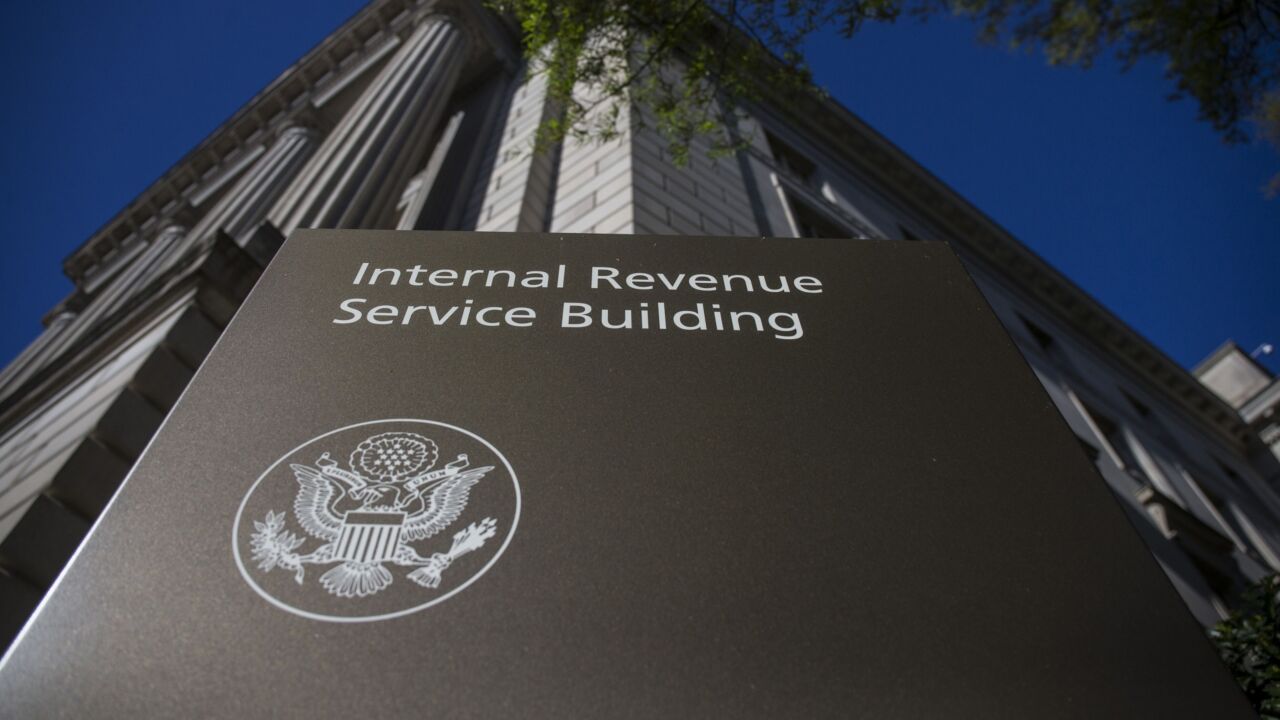(Bloomberg) House Speaker John Boehner offered to raise income tax rates on households earning more than $1 million a year in exchange for containing the cost of federal entitlement programs, as part of a deal with President Barack Obama to cut the federal deficit, according to two people familiar with the talks.
The offer, made in a Dec. 14 phone call between the two leaders, marks the first time Boehner has entertained an increase in income tax rates in his talks with Obama to avoid more than $600 billion in automatic spending cuts and across- the-board tax increases set to start next month.
Brendan Buck, the Ohio Republican’s spokesman, declined to comment on the offer, which was first reported Saturday by Politico. “We have not commented on the content of private discussions, and we’re certainly not going to comment on rumors,” he said.
Obama, who has insisted tax rates rise on household incomes exceeding $250,000 a year, didn’t accept the offer, said one of the persons, who asked for anonymity to talk about the private negotiations, which are continuing.
Even so, it marks movement in negotiations as they close in on a Dec. 31 deadline, because Boehner has long insisted that he won’t accept any increase in income tax rates. The president has refused to discuss a major overhaul of costly entitlements until Boehner agrees to include a rate increase on upper-income taxpayers.
Income Levels
While Democratic leaders united behind Obama’s position following last month’s election, earlier this year Representative Nancy Pelosi of California, the House Minority Leader, and Senator Charles Schumer of New York, the third- ranking Democrat, both advocated an increase on earners making more than $1 million a year.
Last week, Obama also reduced his demand for revenue from tax increases to $1.4 trillion from $1.6 trillion as both sides inched closer to a possible compromise on the biggest stumbling block to a deal.
Lawmakers have said that the two must reach agreement on a framework by early this week in order to move legislation through Congress before the Christmas holiday.
Boehner, in a $2.2 trillion deficit-cutting plan he offered earlier this month, proposed ways to trim entitlements. They included a new inflation yardstick—the so-called chained consumer price index—to reduce cost-of-living increases in Social Security, as well as raising the Medicare eligibility age. Other Republicans have also advocated means-testing, or raising premiums or co-payments for wealthier recipients.
Safety Net
Democrats have campaigned as the champions of safety-net programs for the poor and elderly. Senate Majority Leader Harry Reid of Nevada has repeatedly said that Social Security is off the table in debt-deal talks.
Boehner and Obama also continue to disagree on whether a year-end deal should include an increase in the federal government’s debt limit and fresh programs to boost the economy.
If Congress doesn’t act, tax rates for income at all levels would rise next month, along with taxes on estates, capital gains and dividends.
Republicans have begun to consider a fall-back plan designed to force deficit-reduction action early next year, when the need for congressional approval of a debt limit increase would put pressure on Obama. The plan would extend tax cuts for individuals with incomes up to $200,000 a year and married couples with annual incomes of $250,000, while letting the top rates rise if no broader deal is reached by year’s end.
Public Support
Sixty-five percent of Americans say Obama’s Nov. 6 election victory gave him a mandate on his proposal to raise tax rates on top earners, according to a Bloomberg National Poll of 1,000 adults conducted Dec. 7-10.
As the budget talks dragged on, U.S. stocks had their first weekly decline in a month. The Standard & Poor’s 500 Index fell 0.3 percent to 1,413.58, snapping a three-week gain. The Dow Jones Industrial Average declined 20.12 points, or 0.2 percent, to 13,135.01 last week.
The incoming House Rules Committee chairman, Representative Pete Sessions, said congressional Republicans would be willing to accept an increase in tax rates for top earners if Democrats make significant reductions in entitlement programs such as Social Security and Medicare.
“If it’s a good deal, yes,” Sessions, a Texas Republican, said in a Dec. 14 interview on Bloomberg Television’s “Political Capital With Al Hunt.
Sessions is a close ally of Boehner. He said Boehner was committed to reaching a deal with Obama to avoid the so-called fiscal cliff of spending cuts and tax increases, which threaten to tip the economy into a recession.
Boehner met in person for the third time with Obama on Dec. 13 with no public indication that the two were moving closer to a deal.
—With assistance from Richard Rubin in Washington





